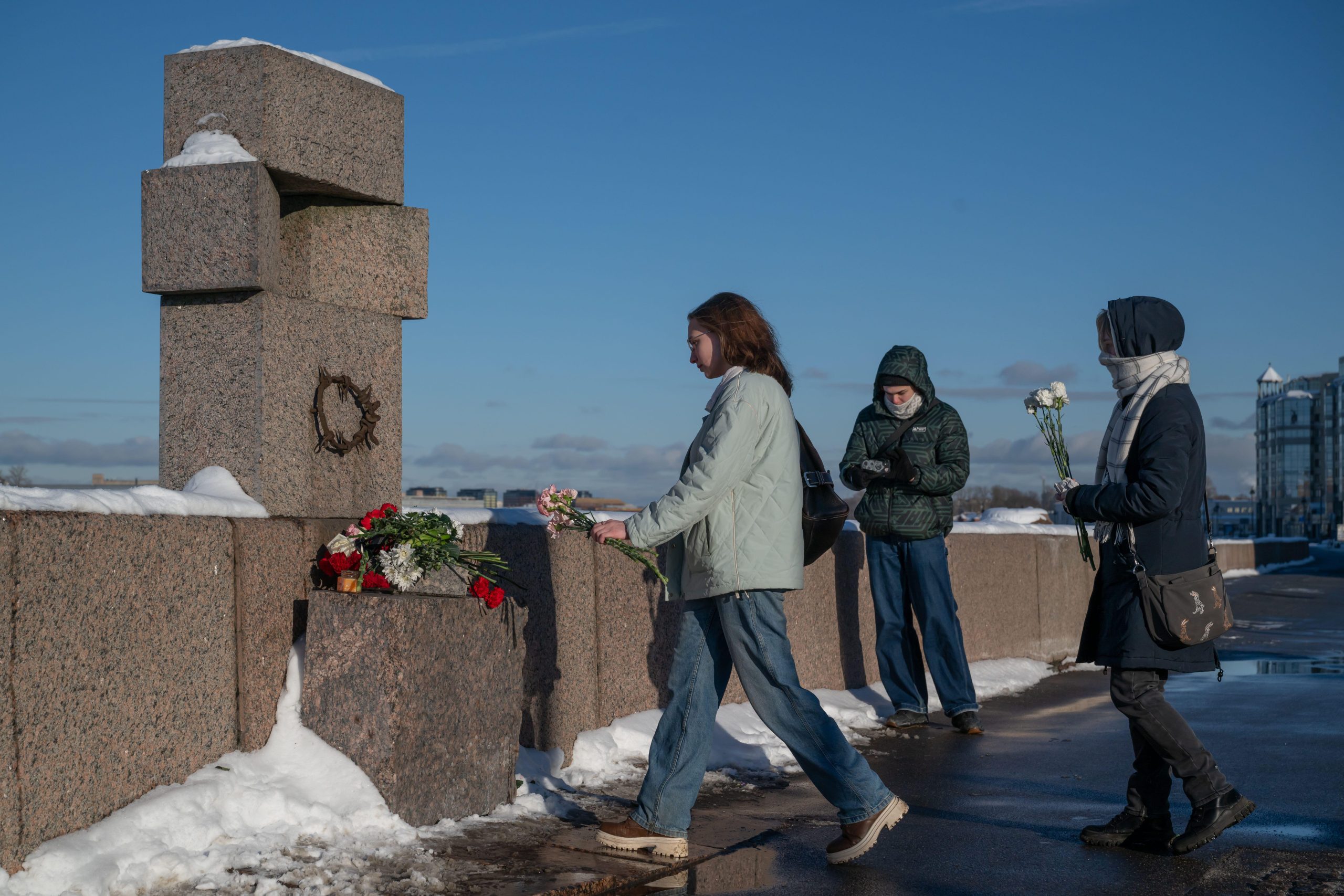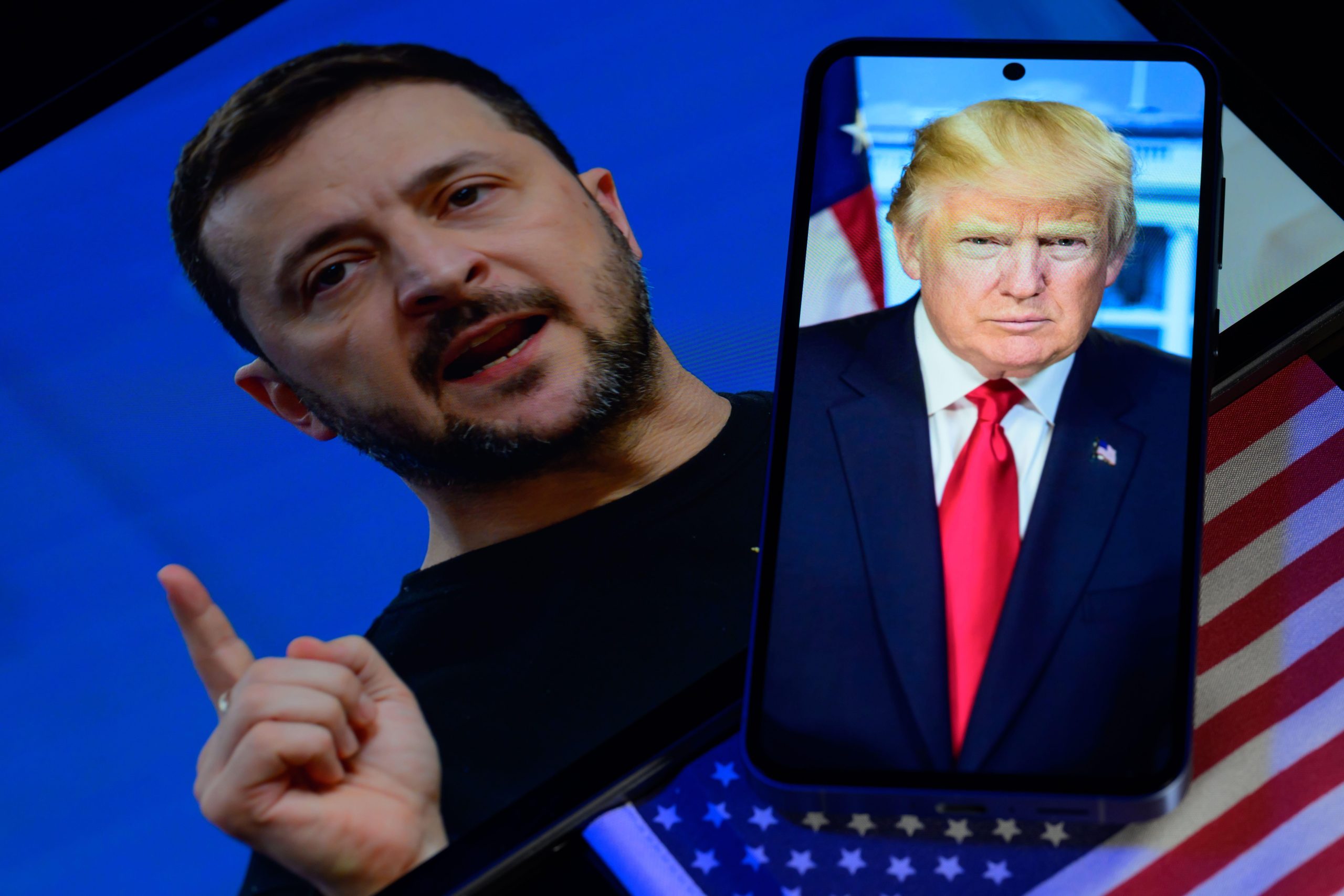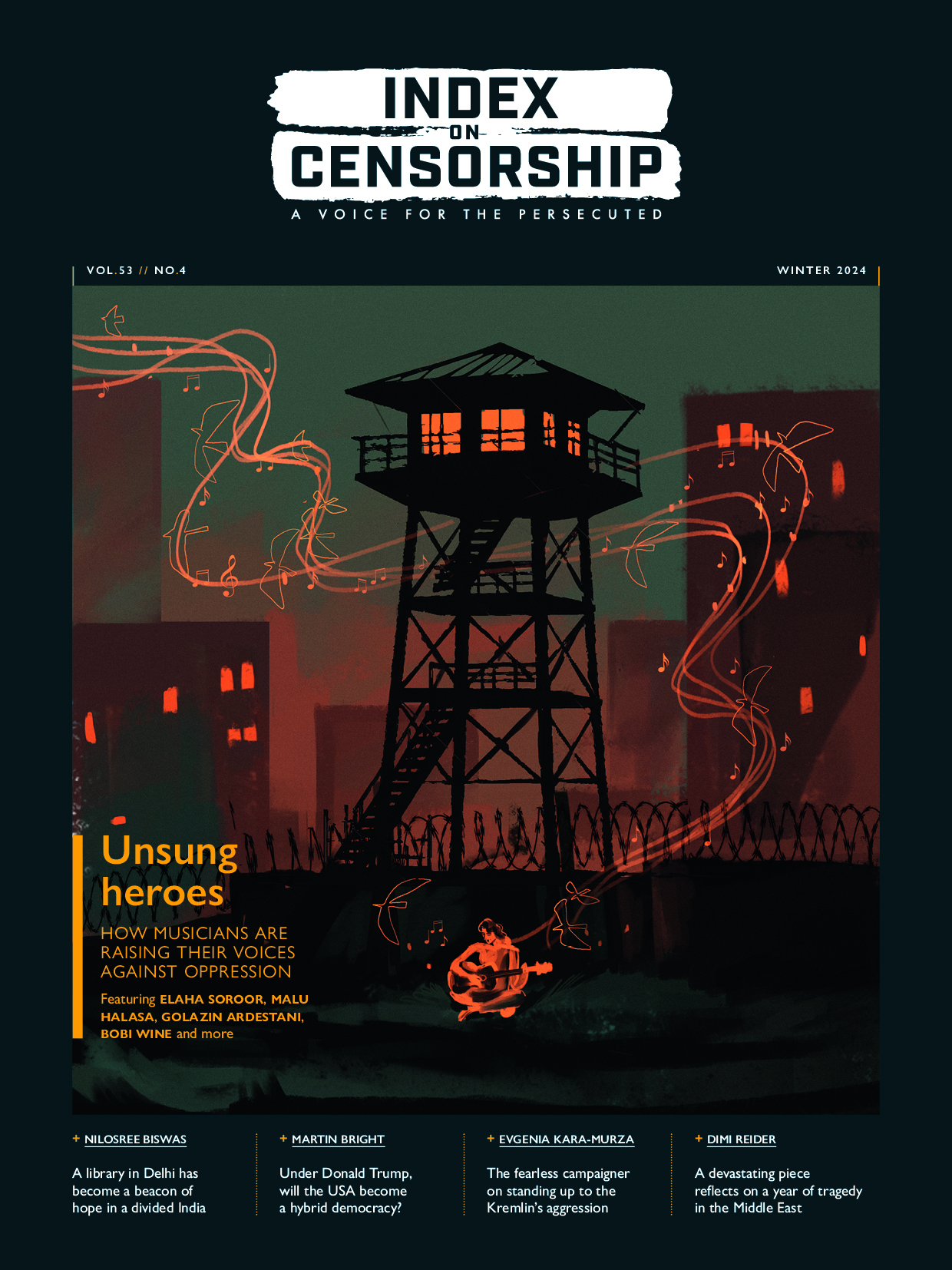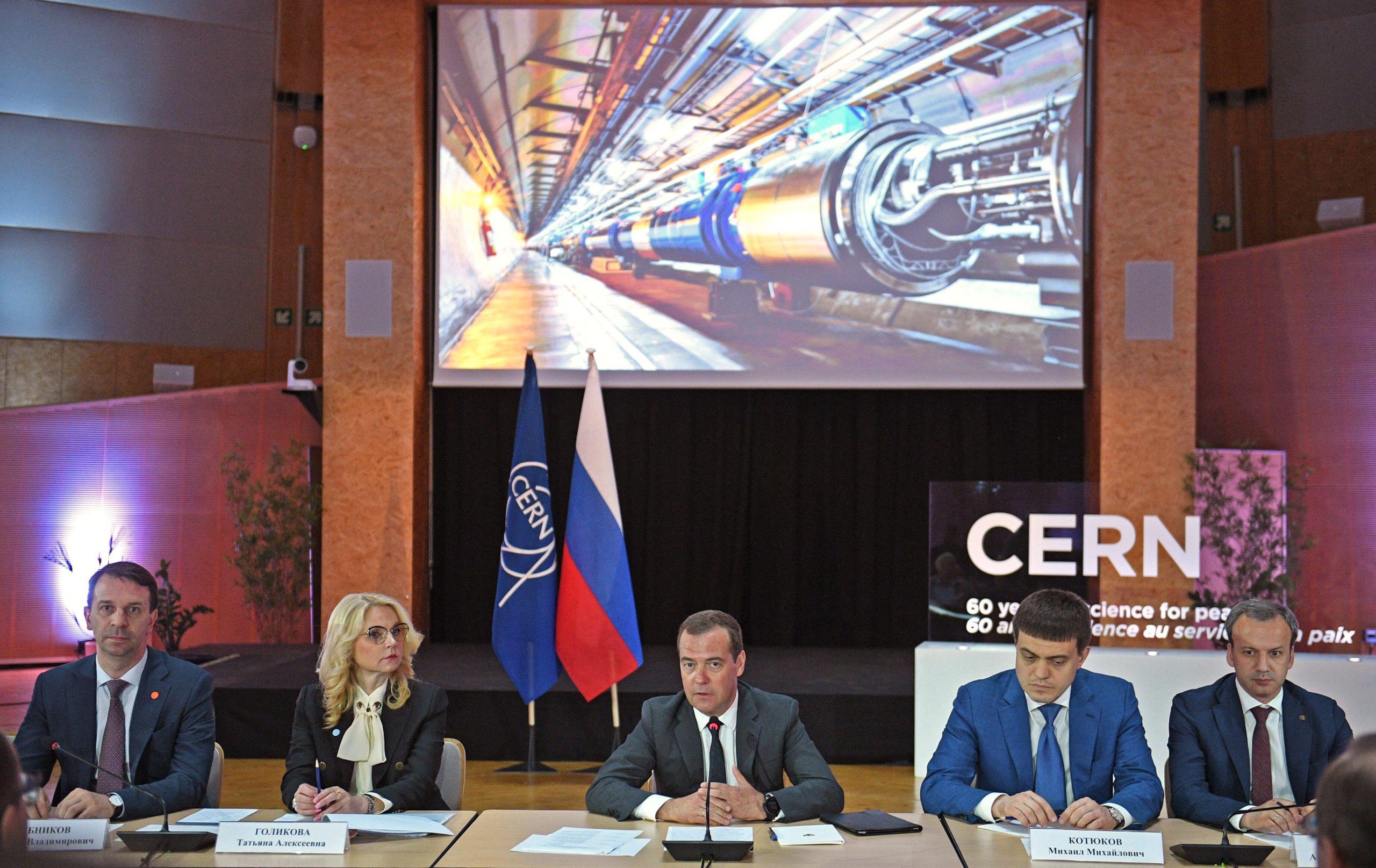One of Russia’s best known television news presenters Alexey Pivovarov revealed the extent of state media censorship during President Dmitry Medvedv’s final interview before he hands power to Vladimir Putin.
During the wide-ranging interview with journalists from a number of the country’s major television channels, NTV host Pivovarov said: “The hand of the state is obviously seen in controlling federal TV channels’ editorial policy.” He added:
I regularly confront certain limitations, stipulated by political suitability. This [control] prevents me from fulfilling my professional duty – informing people of current events.
Medvedev denied censorship exists, pointing out the Russian constitution forbids it. He said that it is “natural that political influence is higher on bigger channels”, adding that “the question of censorship within a channel is a question of chemistry between the management, journalists and audience”.
Media observers believe Pivovarov’s brave expose will cost him his job at NTV. Pivovarov was already notorious for confronting NTV management, after the first mass protest against allegedly fraudulent parliamentary elections on Bolotnaya square. He delivered an ultimatum to his bosses, refusing to host the evening news if the channel did not cover the rally – in the end programmed bosses capitulated.
Last week, Russian Forbes quoted anonymous sources in NTV, who alleged several leading journalists have been forced out after clashing with NTV’s head Vladimir Kulistikov over censorship. Kulistikov denied the conflict, saying he is guided by ratings and not personal attitude in his policy. The journalists involved refused to comment.
Several NTV anchors have left the station in recent weeks: Pavel Lobkov, Nikolay Kartoziya, Anton Krasovsky.
NTV is notorious for censorship. The list of programmes and stories pulled in recent months includes, among others, a broadcast about kidnappings and tortures in Chechnya; news about Mikhail Khodorkovsky’s cellmate who assaulted him in prison; and coverage student arrests during Dmitry Medvedev’s visit to the journalism department of Moscow State University.
The channel also angered Russian opposition activists by airing a documentary claiming that election fraud protesters were paid for attending rallies. The programme is the subject of several defamation lawsuits.
Russian human rights activist Olga Romanova wrote on Facebook that no journalists who confront NTV’s management and fight for the freedom of speech could continue to work at the channel. Romanova emotionally added: “And let the ones who stay there burn in hell”




